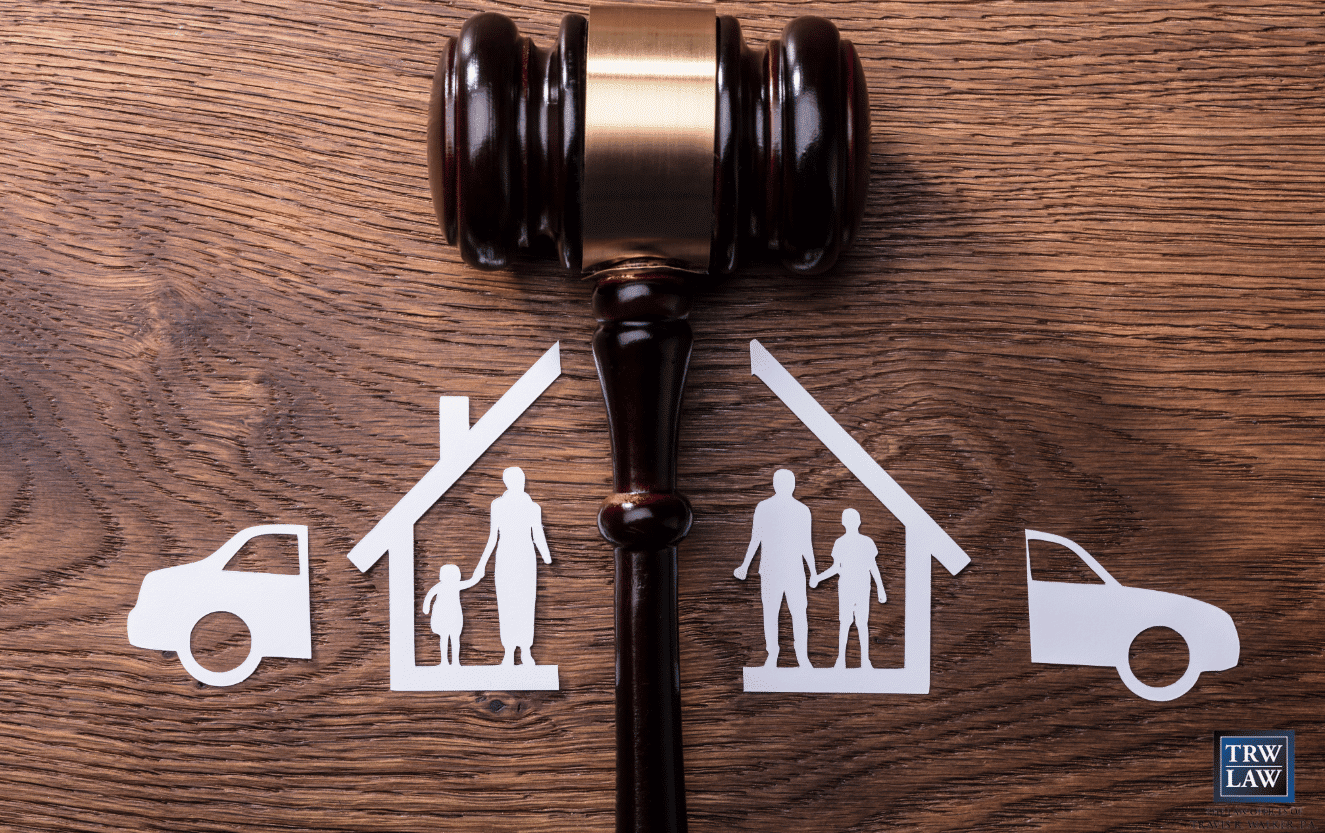Divorce is a transformative event that reshapes the lives of the separated couple and the children. In recognition of this, Florida has child custody laws that govern out-of-state moves for divorced parents. While moving out of state with a child after a Florida divorce is possible, you must obtain permission from the non-moving parent or court approval.
Relocation involves legal complexities, especially if the other parent is against the move. The seasoned family lawyers at the Law Offices of Travis R. Walker, P.A., guide parents through the most challenging times of their lives with compassion and expertise. Specializing in divorce cases, we offer experience and insightful advice to safeguard your family’s interests in your child relocation case.
How a Lawyer Can Help You Move with a Child After Divorce
Relocating after a divorce can affect both parents and, most importantly, a child’s well-being. Therefore, the law has procedures you must follow when moving to ensure the decision is in the child’s best interests.
An attorney from the Law Offices of Travis R. Walker, P.A., who understands family law, can help your case in the following ways:
- Explaining the applicable law: A family law attorney has the experience and knowledge to handle cases involving child relocation after divorce. Our familiarity with relevant statutes and legal strategies guarantees your case is in the best hands.
- Offering customized guidance: Each case is unique, influenced by factors such as existing custody arrangements, parental rights, and the child’s best interests. Our top-rated divorce lawyers will tailor their advice to your specific circumstances so you can make informed decisions.
- Navigating potential pitfalls: Relocation disputes can lead to legal complications that jeopardize your parental rights and your child’s well-being. Legal counsel anticipates potential challenges and provides strategies to address them effectively.
- Advocating for your interests: An attorney acts as your advocate during mediation talks and court hearings if required.
- Achieving favorable outcomes: Having a skilled family attorney advising you when moving out of state with a child after divorce enhances your chances of securing a better outcome for the case. With skilled representation, you can work towards a solution that prioritizes your child’s well-being while addressing your relocation goals. Our success in family law cases is evident in the testimonials given by satisfied clients.
Potential Challenges and Pitfalls in Child Relocation
Parents who want to move out of state with their child after a Florida divorce face a series of challenges that can make the process more difficult. Some of the hardships you can expect include:
- Legal obstacles: State laws and court regulations governing child custody and relocation can pose significant challenges when planning to move.
- Co-parenting dynamics: Maintaining a balanced parenting plan becomes more complex when geographical distance comes into play and may affect existing child custody arrangements.
- Emotional strain: Relocations can be stressful for both parents and children. Long-distance separation from the non-moving parent, familiar surroundings, and past routines can significantly affect a child’s mental health.
- Logistical considerations: Practical aspects such as visitation schedules, transportation arrangements, and schooling in the new location can add more challenges to the moving process.
Travis Walker, an award-winning family law attorney, offers valuable insights into handling these challenges. Our legal team will strategize ways to address all the hurdles likely to arise during your child custody and relocation case so you can chart a course that safeguards your child’s well-being while complying with the law.
How to Plan for Relocation With a Child After Florida Divorce
If you’re planning to move out of state with a child after a Florida divorce, it’s crucial to understand the laws governing such relocations to ensure you comply with the law. Florida
Statute §61.13001 outlines the guidelines and conditions for parental relocation. The laws work to safeguard children from the negative impacts of the physical and emotional distances created by such moves.
What is the Florida Relocation Law?
In Florida, a relocation constitutes moving more than 50 miles away from your current residence for at least 60 days. To do so, you must seek permission from the other parent and have it in writing. The agreement must also contain a proposed co-parenting plan and be approved by a judge to change your existing parenting plan. If the non-moving parent is against the move, you must file a relocation petition in court.
This petition should outline the specifics of your intended move, including the proposed new location, reasons for the move, and a revised time-sharing plan. Keeping the other parent informed and involved minimizes the likelihood of disputes and fosters a cooperative approach.
Partnering with an experienced family law attorney will ease the challenges of the legal process. We offer strong but compassionate legal representation tailored to your unique situation.
Factors That Influence Child Relocation Decisions After Divorce in Florida
One of the most important factors affecting child relocation decisions after divorce in Florida is the adherence to the principle of “best interests of the child.” This standard prioritizes the well-being and development of a child when parents file a relocation petition. When deciding on relocation cases, the court primarily focuses on a child’s:
- Physical, emotional, and psychological welfare
- Relationship with each parent
- Educational needs
- Ties to their community and other family members
- Personal preferences if the child is of age
With a track record of successfully handling child relocation cases, the family lawyers at Law Offices of Travis R. Walker, P.A., understand all the factors likely to influence your situation. We will strategically present your case so the court weighs all relevant circumstances before deciding.
Co-Parenting Solutions and Mediation When Moving Out of State After Divorce
Sustaining a healthy co-parenting relationship lays the foundation for stability in a child’s life. Parents must keep open lines of communication and adopt a collaborative attitude to safeguard the child’s best interests.
Mediation can be less stressful than court hearings if you and your partner are willing to resolve your differences over a potential move. This alternative dispute resolution method allows for a conversation guided by a neutral third party to foster an environment conducive to finding common ground. It offers a platform for parents to discuss their concerns and preferences and to develop potential solutions for various family law matters, such as whether there is sole custody or joint custody.
The team at the Law Offices of Travis R. Walker, P.A., employs an approach rooted in the cooperation of both parents. Our strategy centers on facilitating discussions emphasizing the child’s well-being and preserving a stable environment. We will strive to accommodate your needs and protect your rights while safeguarding the child’s best interests.
Seek Legal Support From a Trusted Family Law Attorney
To relocate with your child after a Florida divorce, you need a dedicated legal advocate to guide you in following legal requirements and safeguarding your best interests and those of your child. Given the complexity of child relocation cases, having an experienced family law attorney is important to help you make informed decisions.
The Law Offices of Travis R. Walker, P.A., provides the expert assistance you need to successfully navigate your child’s relocation. Call us today at 772-212-0477 or complete our online contact form to schedule a consultation.












